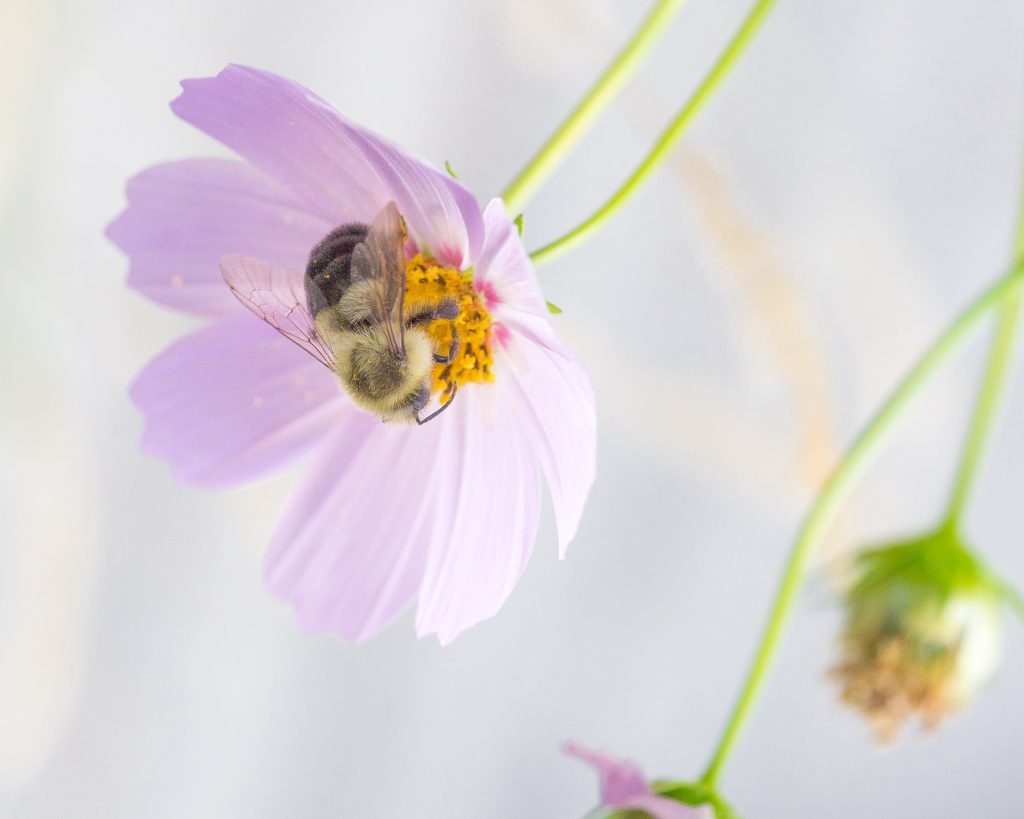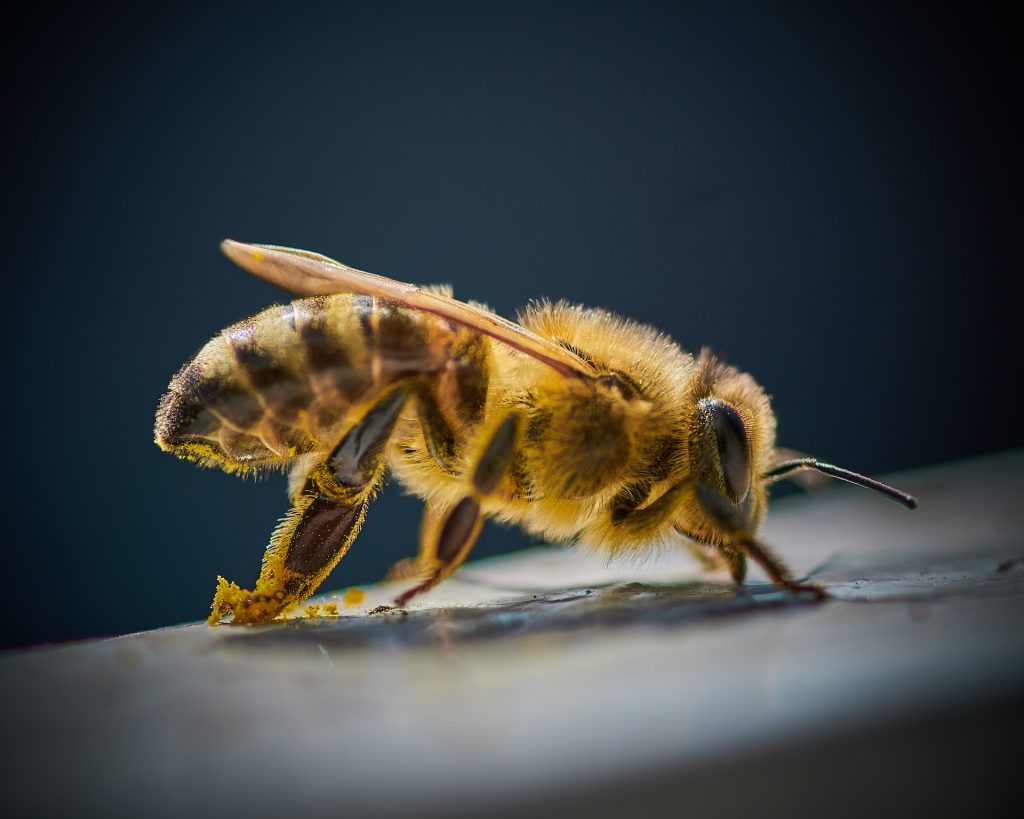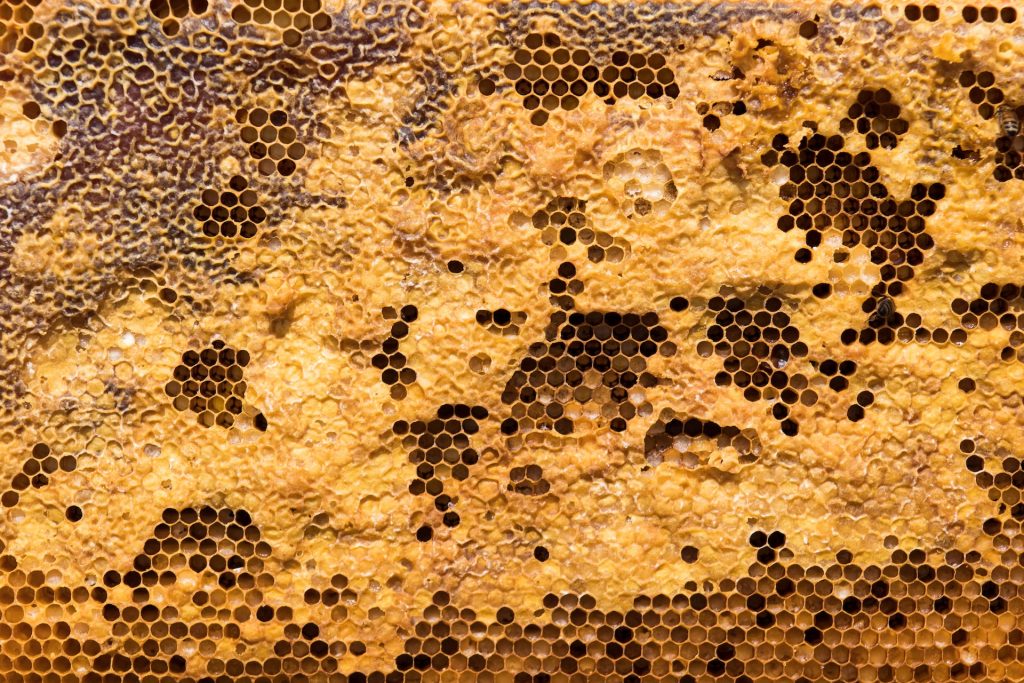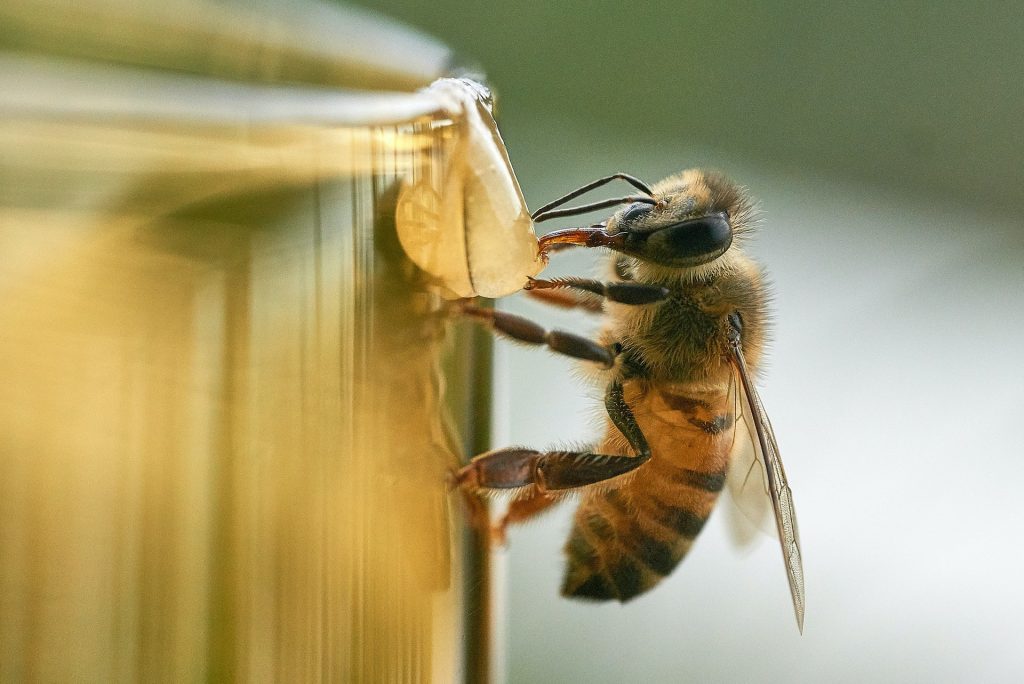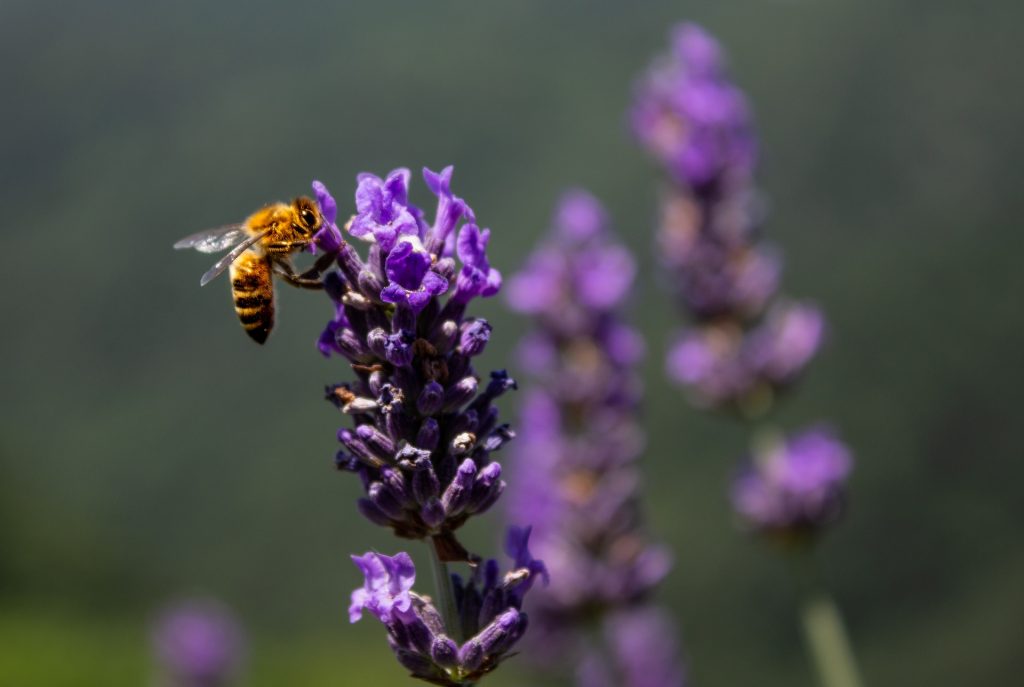Bees are essential to our ecosystem and contribute significantly to our food production. However, climate change has brought unprecedented challenges to these little insects, resulting in a decline in their population. The effects of climate change, such as rising temperatures and changing weather patterns, have disrupted the delicate balance of our environment, causing harm to bees. In this article, we will explore the impact of climate change on bees and offer some practical solutions to help protect them.
The Importance of Bees in Our Ecosystem
Bees are critical to our ecosystem. They play a vital role in pollinating the plants that produce our food. Without bees, many of the foods we eat, such as almonds, apples, and blueberries, would be in short supply, and the cost of these foods would be much higher. Bees also support the natural environment, pollinating wildflowers, trees, and other plant species. They are a fundamental link in the food chain and contribute to the biodiversity of our planet.
How Climate Change is Harming Bee Populations
Climate change is one of the most significant threats facing bees. Rising temperatures and changing weather patterns have disrupted their life cycles. Bees are struggling to adapt to the changing environment and are facing new threats such as habitat loss, pesticides, and diseases. The loss of habitat due to deforestation, urbanization, and intensive agriculture has significantly impacted the availability of food and nesting sites for bees. Pesticides, which are used extensively in agriculture, are also causing damage to bee populations.
The Risks to Food Security and Our Environment
The decline in bee populations poses a significant threat to our food production and, in turn, food security. Bees pollinate over 90% of the world’s crops, and without them, our food supply would be severely impacted. The loss of bees also has wider implications for our natural environment, as it disrupts the balance of our ecosystems. The decline of bees has also been linked to a reduction in plant diversity, which is crucial to ecosystem health.
Taking Action: Ways to Help Protect Bees from Climate Change
We can all play a role in protecting bees from the effects of climate change. One of the best ways to help bees is to plant bee-friendly flowers in our gardens and green spaces. These flowers provide critical sources of food for bees, helping them to survive and thrive. We can also support local beekeepers by buying their honey and beeswax products, which helps to support their businesses and ensure that they can continue to care for their bees. Another way to help is to reduce the use of pesticides in our gardens and on our crops.
We can also advocate for policies that protect bees and their habitats. Governments can provide incentives and support for farmers to adopt more sustainable farming practices that reduce the use of pesticides and promote biodiversity. Finally, we can educate ourselves and others about the importance of bees and the impact of climate change on their populations. By raising awareness, we can build a greater understanding and appreciation for these essential little creatures.
As we have seen, climate change is having a significant impact on bees, posing a significant threat to our food security and the environment. However, by taking action, we can help protect bees and support their populations. Whether it’s planting bee-friendly flowers, supporting local beekeepers, reducing pesticide use, or advocating for policies that protect bees, we can all play a role in making a difference. Let’s work together to help these little creatures thrive and ensure a healthy and sustainable future for our planet.

